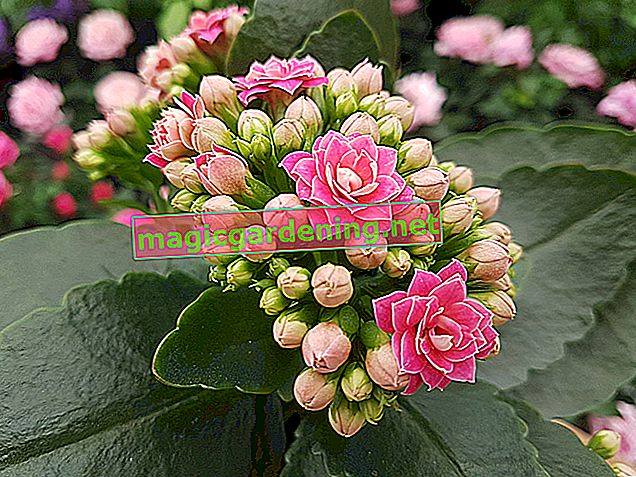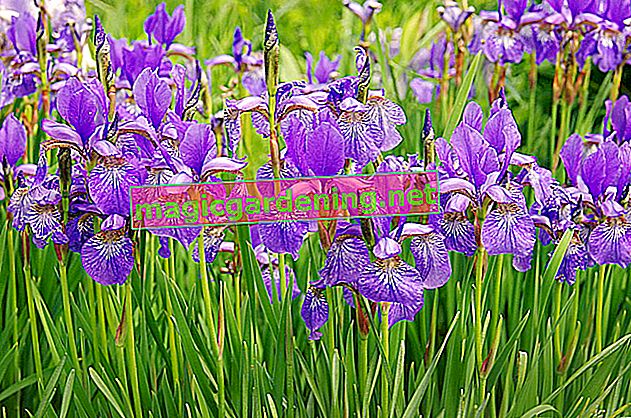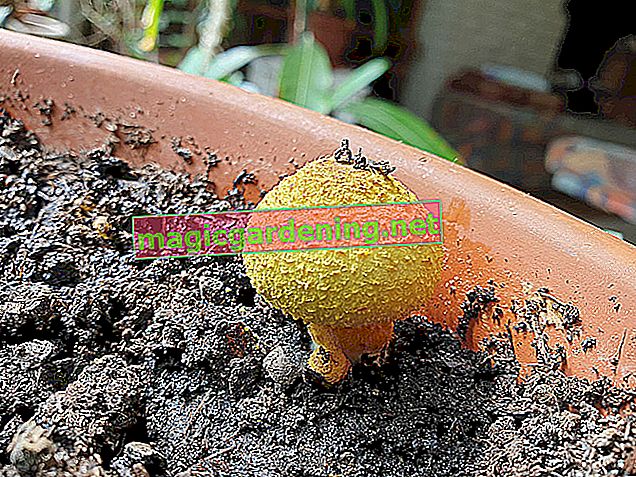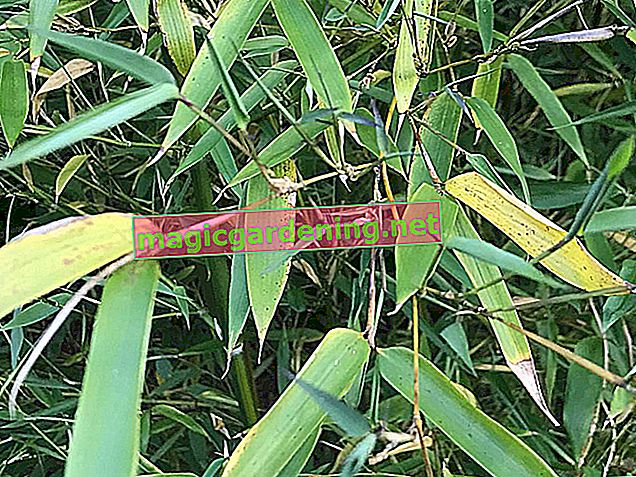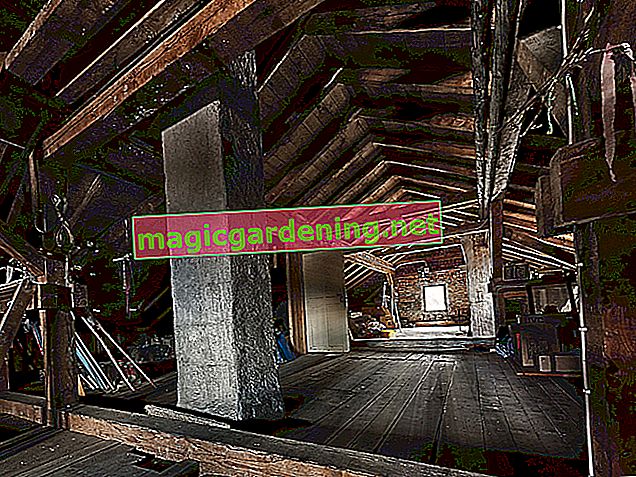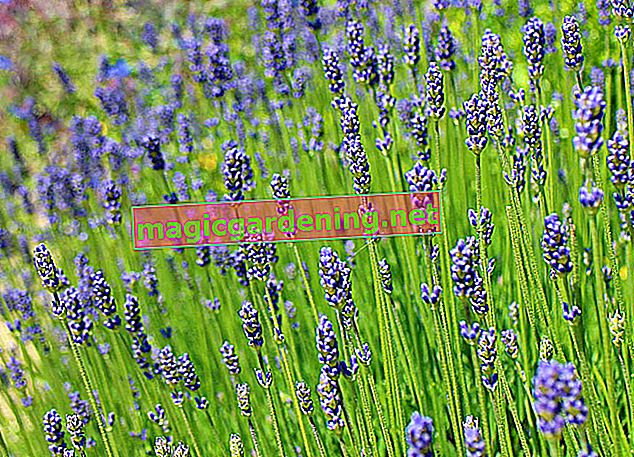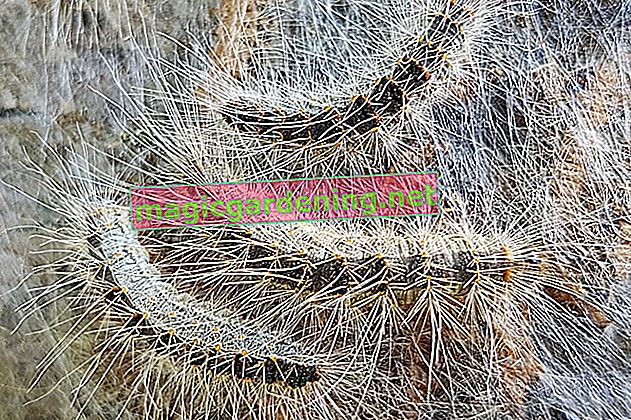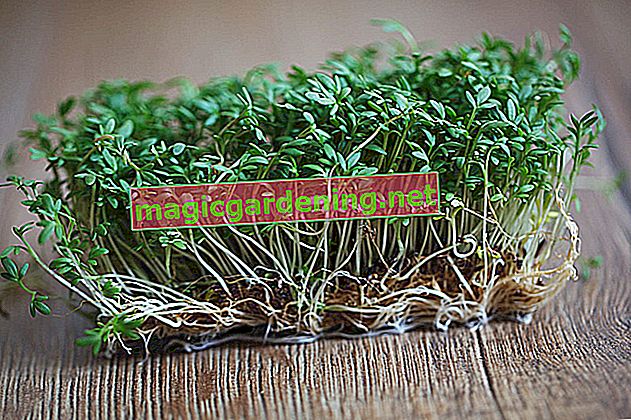
Grow cress in the garden or on the windowsill
Cress produces edible leaves very quickly, both outdoors and indoors on the windowsill. It takes a little longer to grow in the garden than on the windowsill. This is due to the higher temperatures that normally prevail in the house.
also read
- The flowers of the cress are also edible
- Cress is ready to harvest after a short time
- Cress - the easy-care herb
Unlike most other plants, cress doesn't just grow on soil. You can even sow it on cotton wool, paper towels or paper towels.
In the house, sowing on cotton wool or kitchen paper has great advantages, because these bases are not contaminated by germs or mold spores, so that the cress does not mold so quickly.
Which location is best?
- Sunny or partially shaded in the garden
- As bright as possible in the house
- Avoid direct sunlight
A cress bed in the window should be as bright as possible. The plants can only tolerate direct sun to a limited extent, as the heat causes them to dry out very quickly.
Make sure there is enough moisture
Moisture is the biggest problem in cress care. The soil or subsoil must be consistently moist so that the seeds and later the plants do not dry out.
When growing indoors, the moisture content of the planting substrate should be checked daily with your fingers and the cress should be watered if necessary. If the water is in the pot, the excess water is carefully poured off.
In the garden, too, care must be taken that the plants are neither too dry nor too moist.
Cress ripens very quickly
In the house, the cress is ready to harvest in just a few days. If grown in the garden, it will take a little longer before you can harvest the cress.
Tips & Tricks
If you want to grow your cress entirely from your own harvest, you should leave a few plants in the garden. They form flowers, from which pods with seeds later form. However, it does not work on the window sill to harvest seeds from the plants because the flowers are not pollinated.

